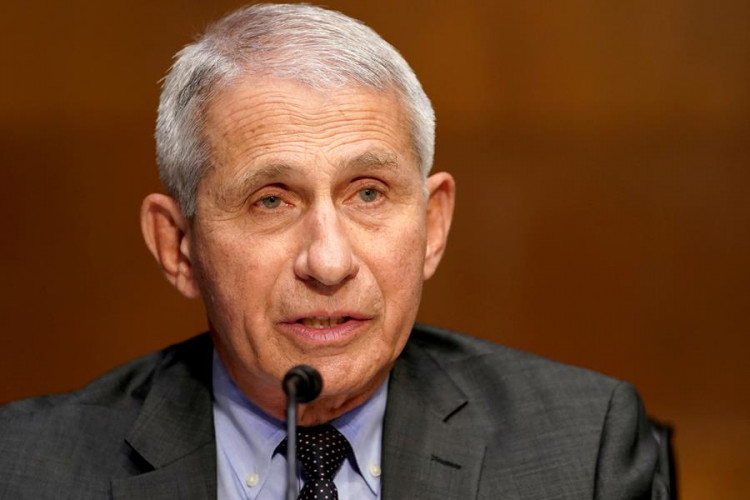Dr. Anthony Fauci, who was instrumental in guiding the world through the two pandemics of our time - AIDS and COVID-19 - announced his resignation from the federal government on Monday.
The 81-year old Fauci served under seven presidents of the United States and helped guide the nation through various health crises.
He will depart his 38-year tenure as director of the National Institute of Allergy and Infectious Diseases, as well as his position as chairman of the NIAID Laboratory of Immunoregulation and as President Joe Biden's Chief Medical Advisor, in December.
The straightforward scientist and physician served for decades as the government's leading infectious disease specialist and was one of the few scientists that many Americans could identify by name.
Beginning in the early 1980s as a young director of the NIAID, he was essential in combating the AIDS epidemic.
He also played a significant role in the nation's politically fraught reaction to the COVID-19 outbreak, and his no-nonsense outlook earned him both praise and criticism.
In a statement made on Monday, United States President Biden praised him as a "devoted public worker."
Biden stated, "Due to Dr. Fauci's numerous contributions to public health, lives have been saved in the United States and around the world."
Secretary Xavier Becerra of the Department of Health and Human Services, who assumed leadership of the agency a year into the COVID-19 pandemic, said he depended on Fauci's advice and complimented him for "his capacity to simplify difficult science to the American people in order to save lives."
During the AIDS crisis, Fauci's actions helped organize a scientific and government response that saved millions of lives.
His strategy for engaging AIDS activists altered the manner in which patients and activists worked with medical science for other diseases.
"Tony Fauci is a fascinating figure in the history of the AIDS epidemic," says Science magazine journalist Jon Cohen, who authored a book about Fauci's enthusiastic but ultimately fruitless efforts to produce an AIDS vaccine.
During the first days of the AIDS pandemic, when the Reagan administration attempted to downplay or dismiss the lethal disease that mostly affected homosexual men and injectable drug users, as well as persons with hemophilia whose medication was taken from infected blood, these powers appeared.
Throughout his lengthy career, Fauci directed a laboratory at the NIH and met patients, maintaining a connection to both the scientific and human sides of infectious disease.






